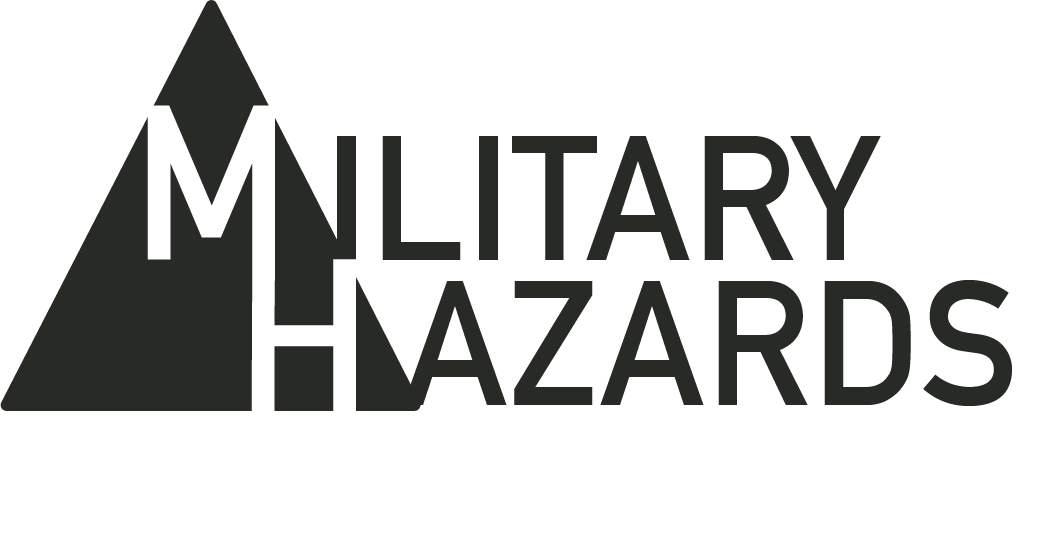Contact Our Legal Partner
"*" indicates required fields

Military personnel face a number of occupational hazards. One particularly dangerous type of exposure is to hazardous chemicals. Specifically, exposure to benzene poses a significant health risk when it is encountered in military operations. We will explore the occupational hazards associated with benzene exposure, where it comes from, and the short-term and long-term health risks of exposure to it. Additionally, we will outline some effective strategies that may help reduce exposure to benzene among military personnel.
What is Benzene:
Importantly, benzene is a clear, flammable liquid with a sweet aroma. Although benzene is an organic compound, it makes it no less dangerous. Most commonly, benzene is used as a solvent in numerous industries, including the military. This compound may also be found in plastics, lubricants, resins, detergents, dyes, and pesticides. Benzene is also a natural component of crude oil and is released as a byproduct during extraction and refining. In military operations, benzene can be encountered in various contexts, such as fuel handling, vehicle maintenance, and chemical spills.

Short-term Health Risks:
Short-term exposure to benzene can have immediate adverse effects on military personnel. Inhalation or skin contact with benzene can lead to symptoms such as:
- Dizziness
- Headaches
- Nausea
- Eye irritation
- Skin rashes
- Drowsiness
- Confusion
- Unconsciousness
- Vomiting
- Convulsions
- Respiratory distress
- Tremors
Because exposure to benzene has the potential of being so dangerous, immediate medical attention is crucial if these symptoms occur.
Long-term Health Risks:
The long-term health risks associated with benzene exposure are of significant concern. Prolonged or repeated exposure to benzene has been linked to many serious health conditions. One of the most significant risks is the development of cancer, particularly leukemia, a type of blood cancer. Additionally, long-term exposure to benzene can lead to:
- Bone marrow abnormalities
- Anemia
- Immune system suppression
- Reproductive disorders.
Notably, benzene is classified as a known human carcinogen by reputable health agencies like the International Agency for Research on Cancer (IARC).
Protection and Mitigation:
Minimizing the occupational exposure to benzene is crucial to protecting our military personnel. Implementing the following effective preventive measures can significantly reduce the risks. Here are some strategies worth considering:
- Engineering: Implementing engineering controls includes things like installing proper ventilation systems to reduce the concentration of benzene in work areas. Proper ventilation and exhaust systems can help remove benzene vapors and maintain air quality.
- Personal Protective Equipment (PPE): Wearing the appropriate PPE can drastically reduce the risk of benzene exposure. This may include gloves, masks, goggles, protective clothing to minimize skin contact and inhalation of benzene vapors, or ventilators.
- Training and Education: Thorough training and education programs can raise awareness about the hazards associated with benzene exposure. Military personnel should be educated and trained to properly handle, store, and dispose of products containing benzene. personnel should also be trained on recognizing the early symptoms of benzene exposure and the necessary steps to take if exposure occurs.
- Medical Monitoring and Testing: Establishing a regular monitoring and testing protocol to assess benzene levels in the workplace is critical. This can ensure the early detection of high levels of benzene and prompt facility action to mitigate the risk of exposure.
- Emergency Preparedness: Developing robust emergency response plans to handle potential benzene spills, leaks or exposures may include things like proper cleanup procedures, and immediate medical assistance procedures.
Exposure to the chemical benzene poses an extreme occupational hazard to military personnel. As we have said, short-term exposure can result in immediate health effects, while long-term exposure increases the risk of acquiring serious conditions, including cancer. By implementing preventative measures, such as engineering, PPE usage, training programs, medical monitoring, and emergency procedures, the military can significantly reduce the risk of benzene exposure. Safeguarding the health and well-being of our military personnel should remain a priority, and mitigating benzene exposure is a vital aspect to achieve this goal.
